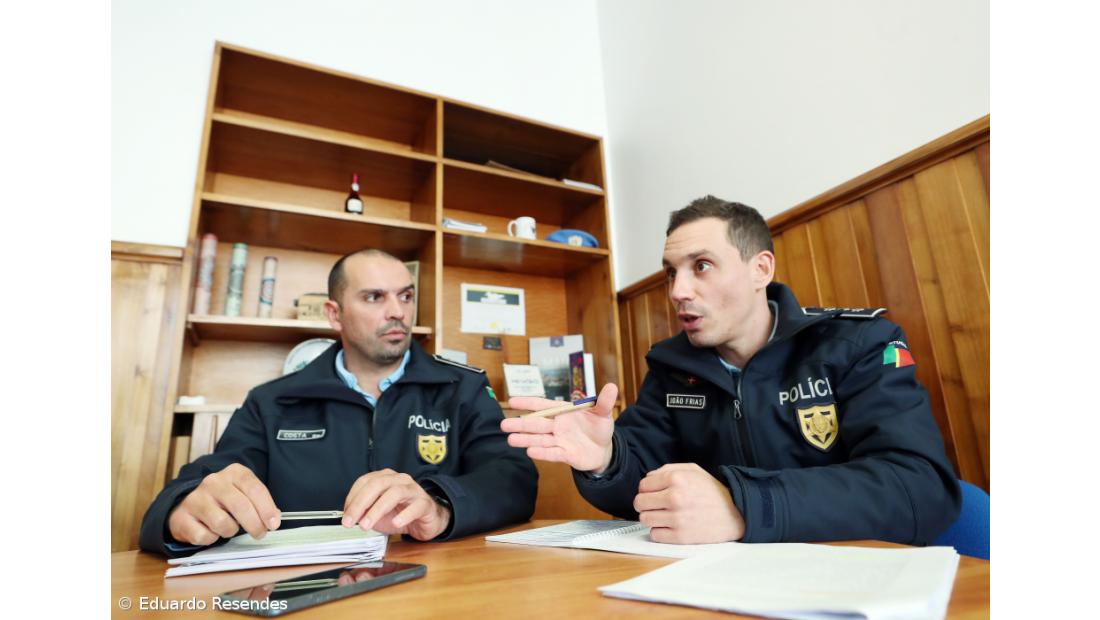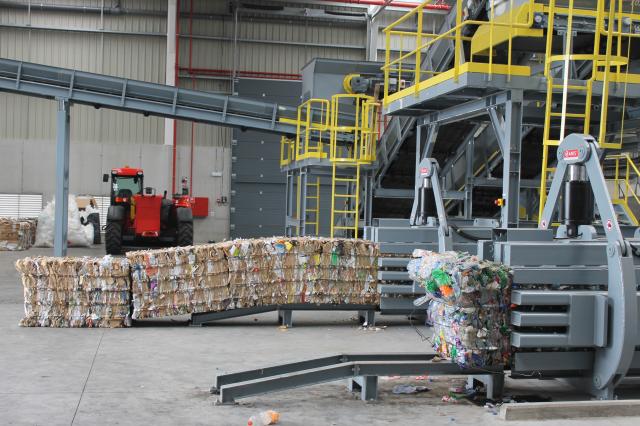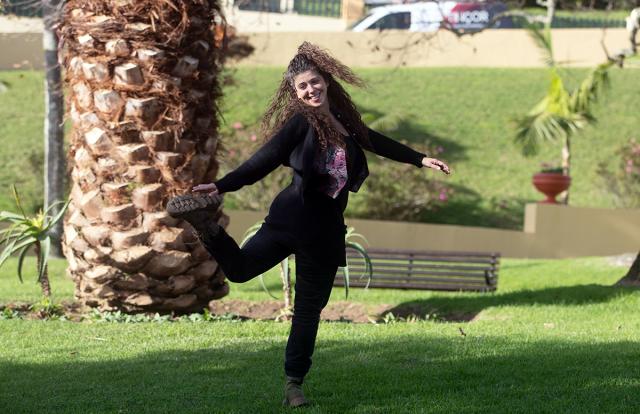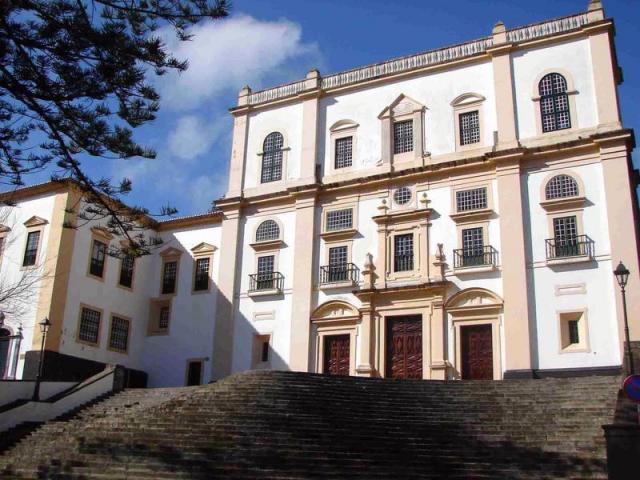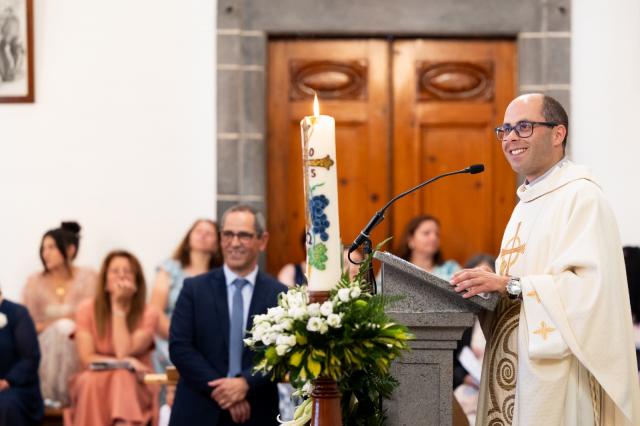More than 50 people suspected of drug trafficking, directly connected to the so-called "synthetic" drugs, have been arrested by the Ponta Delgada PSP since May 2021. The number was disclosed by PSP commissioner, Nuno Costa, and the commander of the Criminal Investigation Police Station of Ponta Delgada, João Frias, in an interview to Açoriano Oriental.
The number reveals the importance attributed by this police force to the scourge of New Psychoactive Substances (NPS), commonly known as synthetic drugs, which have experienced a significant increase in the Autonomous Region of the Azores, but also in the Autonomous Region of Madeira.
“This has been one of PSP's top priorities, especially since, in May 2021, a set of NPS were included in the drug definition and, therefore, criminalized. Since then, we have had more effective results in combating one of the greatest causes of insecurity and public unrest on the island of São Miguel and the Region," said Commander João Frias.
In addition to the more than 50 detainees, "linked to drug trafficking, with direct links to synthetic", says Commissioner Nuno Costa, the investigations have allowed charges by the Public Prosecutor's Office (MP) and later convictions at trial.
This has been “a fight against the unknown”, as Commissioner Nuno Costa puts it, referring to the fast emergence of new NPS in the consumer market. A few weeks ago, in the municipality of Ribeira Grande, two new substances were detected at the European level (see box).
The scourge of synthetics is spread over the nine islands, with a higher incidence in the more populated areas, thus “prevailing on the island of São Miguel, due to the number of inhabitants and the floating population”, says Commander João Frias.
Within the island, the most problematic areas have received additional attention from police authorities, such as São Roque, Livramento, Arrifes, Porto dos Carneiros, Ribeira Grande municipality, among others.
"There are several outbreaks around the island which are known to us," says the Commander of the Criminal Investigation department. “But it takes time to have individuals arrested and convicted: the investigation must be carried out in a sustained, consolidated manner, to give the MP the tools to do its job of holding suspects accountable,” he adds, recognizing that the complexity of the crime requires an investigation “prolonged in time - sometimes for more than a year - and that it may not always have immediate effects.”
In addition, the NPS consumer profile is linked to the consumption of other substances: “Usually, those who consume synthetic drugs have already consumed or continue to consume other drugs,” adds Commissioner Nuno Costa.
"Many times these are people who have already been connected to the use of drugs, like heroin, mainly; but since NPS do not cause such a clear 'hangover', they end up being more appealing, not to mention that they have a much more attractive market price, compared to hard drugs like heroin and cocaine," says João Frias.
The Commander of the Criminal Investigation Department considers "truly alarming" the number of times that the words "drugs" and "synthetic" appear in their paperwork, so "the phenomenon will continue to deserve our attention.
And while there are no studies linking synthetic drug use to an increase in violence, law enforcement and judicial authorities find a close link between currently registered crime and NPS use.
“Regarding those crimes with more serious consequences for people's lives and integrity, they are often directly linked to individuals who consume NPS, as they are individuals who end up having unpredictable behavior, hallucinations, after consuming. That is, they do not have a concrete notion of their behavior and end up slipping into violent behavior," says João Frias.
Therefore, from PSP's three action pillars (prevention, repression, and criminal investigation), Commissioner Nuno Costa considers prevention fundamental. Noting that all judicial and police authorities "are aligned in the joint fight against this phenomenon, without prevention, it is impossible to get any dividend from what we do daily".
Hence the focus on schools, including warnings regarding the impacts of drug use, especially NPS, on their consumers' physical and mental health.
"Regarding prevention, the most important work done by the police, and several social actors, is based on proximity policing, almost always in schools and with families, in order to awaken consciousness and alert to the health consequences of those who consume these substances, as well as to account for the irreversible damage that may happen to consumers of NPS. Even more serious than that, as we have witnessed, there might be suicidal behavior by consumers, which ended up resulting in the death of young citizens residing in São Miguel,” says Commander João Frias.

